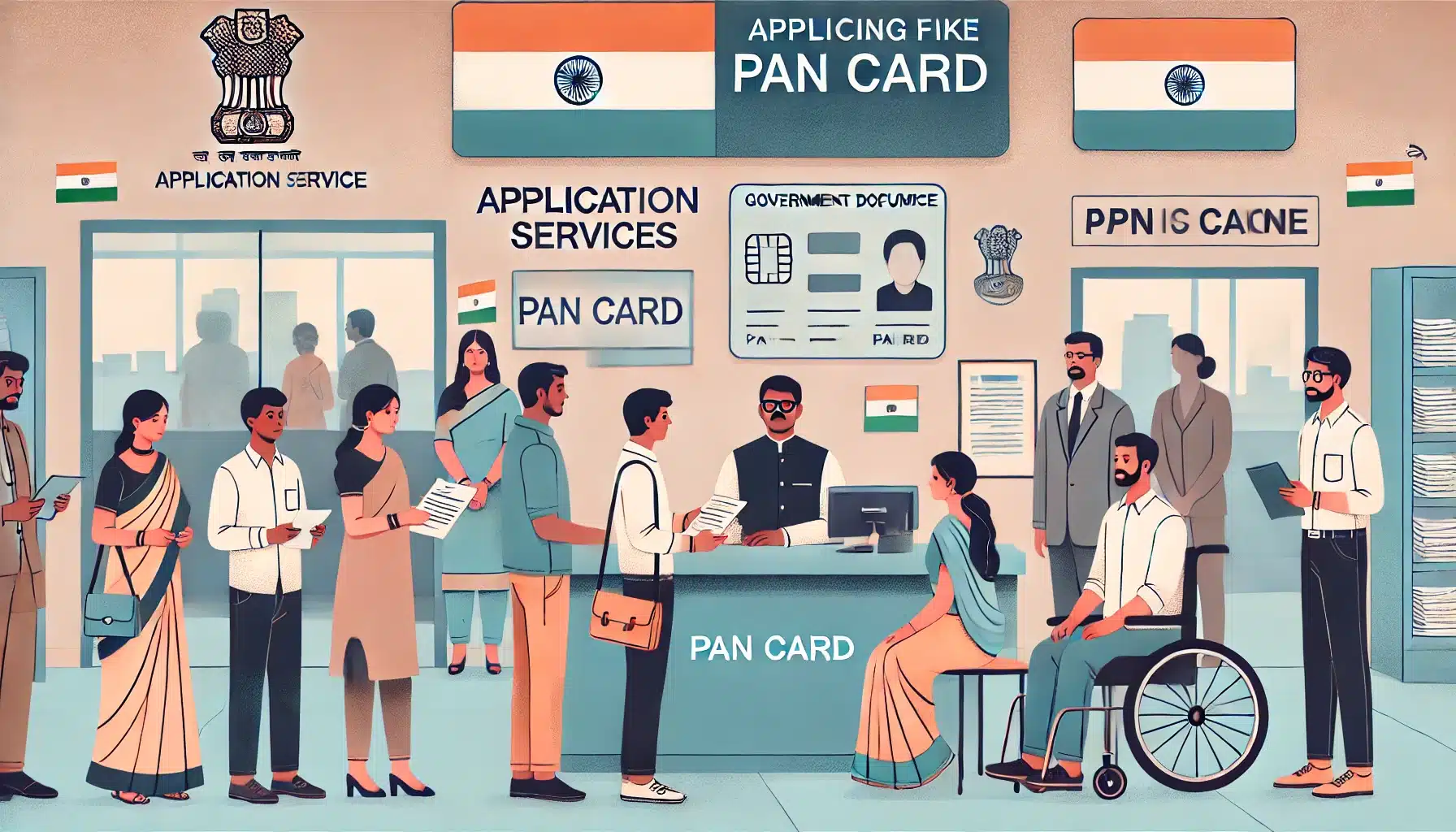The Supreme Court has suggested that certificates issued under the Transgender Persons (Protection of Rights) Act, 2019, should be recognized as valid documentation for PAN card applications. The bench, consisting of Justices Sudhanshu Dhulia and Ahsanuddin Amanullah, noted that the Union of India h

Best way to automate statutory/referential drafting
In a significant move aimed at ensuring greater inclusivity for the LGBT community, particularly transgender persons, the Supreme Court of India has suggested that the Union of India incorporate provisions allowing certificates issued under the Transgender Persons (Protection of Rights) Act, 2019 to be accepted as valid documentation for applying for a Permanent Account Number (PAN) card. The bench, comprising Justice Sudhanshu Dhulia and Justice Ahsanuddin Amanullah, made this recommendation while disposing of a Special Leave Petition (SLP) seeking specific reliefs related to the PAN card application process.
Case Background and Key Developments
- Petitioner’s Reliefs: The petitioner sought reliefs on behalf of the LGBT community, with a specific focus on the challenges faced by transgender persons during the PAN card application process.
- Union of India’s Response: The Supreme Court observed that the Union of India had largely accepted the petitioner’s demands, particularly the request to accept certificates issued under Sections 6 and 7 of the Transgender Persons (Protection of Rights) Act, 2019 as valid documentation. The Court stated, “During the pendency of this petition, we sought a reply from Union of India, who has been very supportive in this matter and by and large has accepted all the demands which have been raised in the present petition including the one, that the certificate to be issued under Section 6/7 of the Transgender Persons (Protection of Rights) Act, 2019 will be acceptable, if it is given by the District Magistrate. Since the Union of India has in principle accepted this request, UoI may consider incorporating in Rules as well, in order to bring clarity.”
- Legal Provisions: According to Section 6 of the Transgender Persons (Protection of Rights) Act, 2019, a District Magistrate has the authority to issue a Certificate of Identity to a transgender person. Similarly, Section 7 allows the District Magistrate to issue a certificate indicating a change in gender.
- Existing Rules: The application process for allotment of a PAN card is governed by the Income Tax Rules, 1962.
Issues Raised in the Petition
- Third Gender Option: The petitioner argued that the PAN card application form lacked a “third gender” option, unlike the Aadhaar card. This discrepancy created significant challenges in linking the two documents, as mandated by law.
- Previous Proceedings: In March 2018, the Supreme Court had sought the assistance of the Attorney General of India to address these concerns. Initially, the petitioner had challenged a notification by the Union of India, Department of Finance, which mandated the linking of Aadhaar with PAN, before the Patna High Court.
- High Court’s Decision: The Patna High Court dismissed the writ petition, reasoning that the issue of Aadhaar linkage was already under consideration by the Supreme Court’s Constitution Bench in a broader context. The petitioner subsequently challenged this decision through an SLP before the Supreme Court.
This case highlights the ongoing efforts to ensure that the rights and identities of transgender persons are recognized and respected within the legal framework governing essential documents like PAN cards. The Supreme Court’s suggestions to the Union of India, if implemented, could significantly ease the process for transgender individuals to obtain PAN cards, thereby promoting greater inclusivity.
Source: LiveLaw





